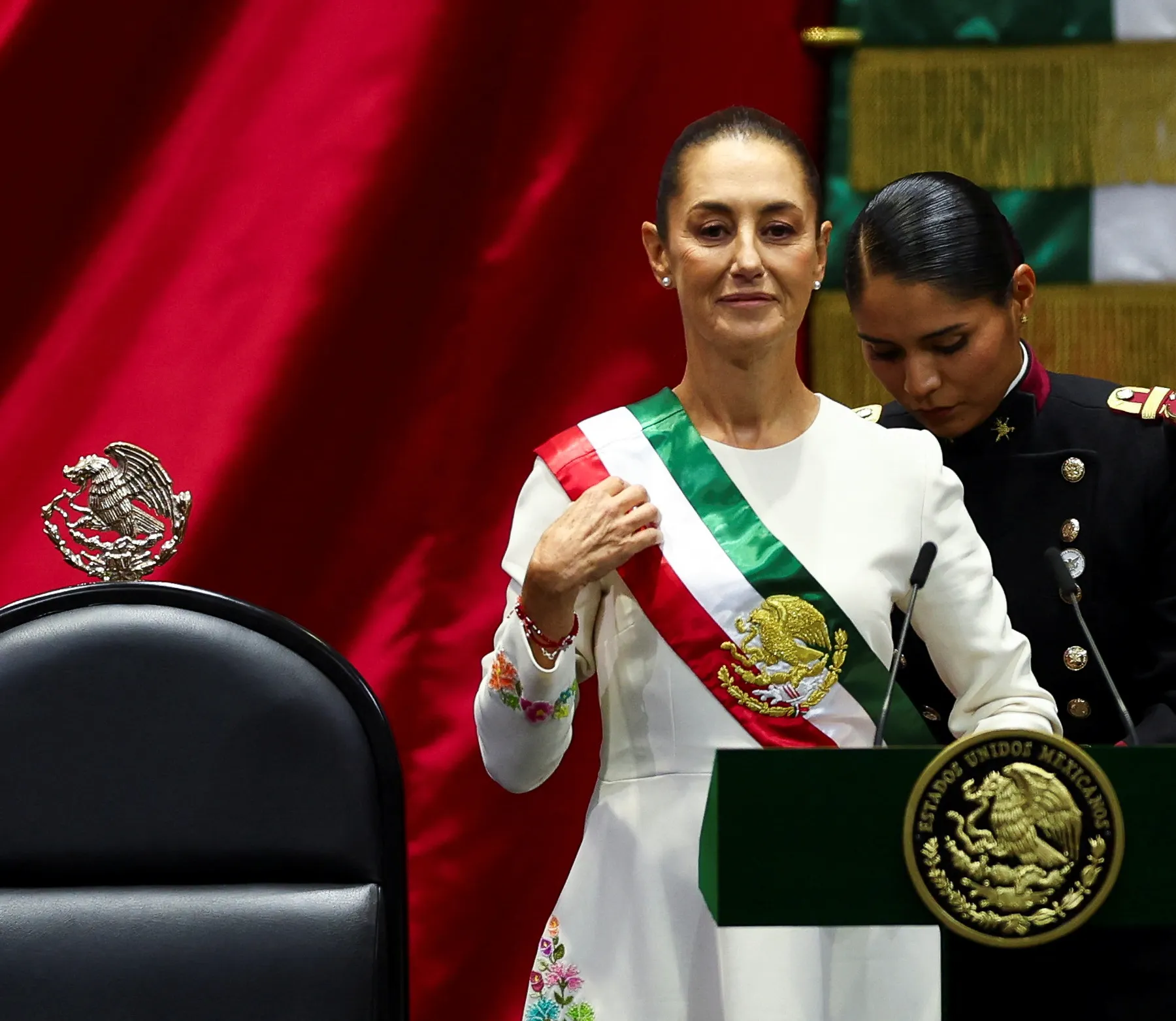Mexico Shuts Down “Border Skipping” for Overseas Shipping


On December 19, Mexico President Claudia Sheinbaum ended the practice of “border-skipping,” while also announcing a 15% increase in tariffs on textiles and 35% in finished apparel imports. These actions are seen as a protective measure for the Mexican textile industry and to reduce imports from China, potentially avoiding trade conflicts with the U.S.
Before the Dec. 19 ban, apparel imports under the IMMEX (Manufacturing, Maquiladora, and Export Services Industry) program were given a “Made in Mexico” designation from U.S. Customs.
The immediate restrictions under the IMMEX program effectively nullify many of the advantages of lower cost importing into the U.S. from a 3PL with Mexican warehouses. Many U.S. e-commerce brands currently take advantage of the Section 321 de minimis provision to avoid customs duties on shipments valued at $800 or less by importing goods from China into Mexico-based warehouses, before shipping them via truck to the U.S.
“The vast majority of their customers are apparel brands,” said Ryan Petersen, CEO and founder of Flexport, in a post on X. “…..They’re scrambling to get the government to not destroy their business, and their customers are searching for solutions.”
Switching to fulfill directly from Asia, while cost-effective for US brands sourcing in Asia, would subject importers to the risk of further regulatory upheaval if a US program that allows single shipments of $800 or less per day to be imported to the US duty-free is changed in 2025.
“The increased tariffs and cessation of duty-free imports puts apparel brands in a scramble to find alternative fulfillment solutions and consider shifting strategies from nearshoring via Mexico to reshoring their operations in the U.S.,” said Ryan Martin, President of Distribution and Fulfillment at ITS Logistics. “This is costing companies money today, and even if there is a postponement on tariffs, it’s not a winning strategy for companies to just wait and see what happens.”
Sheinbaum’s decree comes amid a changing landscape for US Section 321 shipments, also known as “de minimis.” The Biden administration in September announced it would be ending duty-free treatment on all shipments that would ordinarily be subject to 25% Section 301 tariffs on Chinese imports, tariffs originally implemented during the first Trump administration.
“There’s no discounting the impact these tariff increases are having on companies,” continued Martin. “And while controlling import costs immediately is important, this is an opportunity for company leaders to challenge their current approach, take stock of their entire supply chain, and find ways to optimize through long term strategic partnerships that provide tangible cost savings and efficiency gains.”


